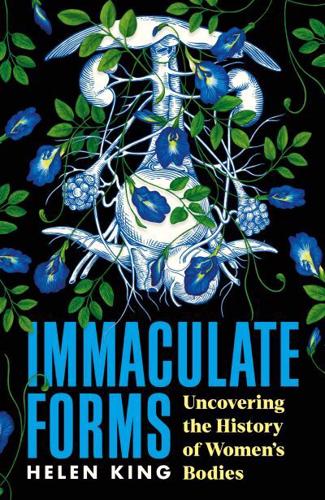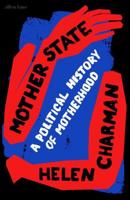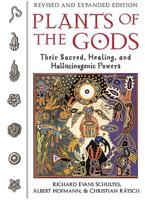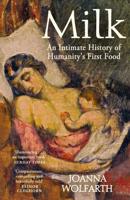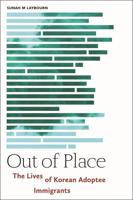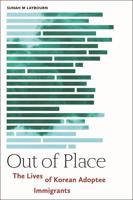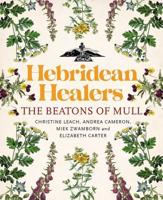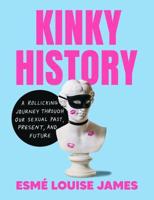Publisher's Synopsis
'Illuminating, thoughtful and scholarly' FINANCIAL TIMES 'Does a fascinating job of exploring the history of women's bodies' GREG JENNER 'Mind-blowing, fascinating stuff' BBC WOMAN'S HOUR 'Delightful, timely and critical' CAT BOHANNON, author of EVE 'Weaves historical knowledge of medicine, anatomy, literature, art and religion into a narrative that surprises, informs, excites and frequently amuses' ADRIAN THATCHER, author of VILE BODIES Throughout history, religious scholars, medical men and - occasionally - women themselves, have moulded thought on what 'makes' a woman. She has been called the weaker sex, the fairer sex, the purer sex, among many other monikers. Often, she has been defined simply as 'Not A Man'. Today, we are more aware than ever of the complex relationship between our bodies and our identities. But contrary to what some may believe, what makes a woman is a question that has always been open-ended. Immaculate Forms examines all the ways in which medicine and religion have played a gatekeeping role over women's organs. It explores how the womb was seen as both the most miraculous organ in the body and as a sewer; uncovers breasts' legacies as maternal or sexual organs - or both; probes the mystery of the disappearing hymen, and asks, did the clitoris need to be discovered at all?
